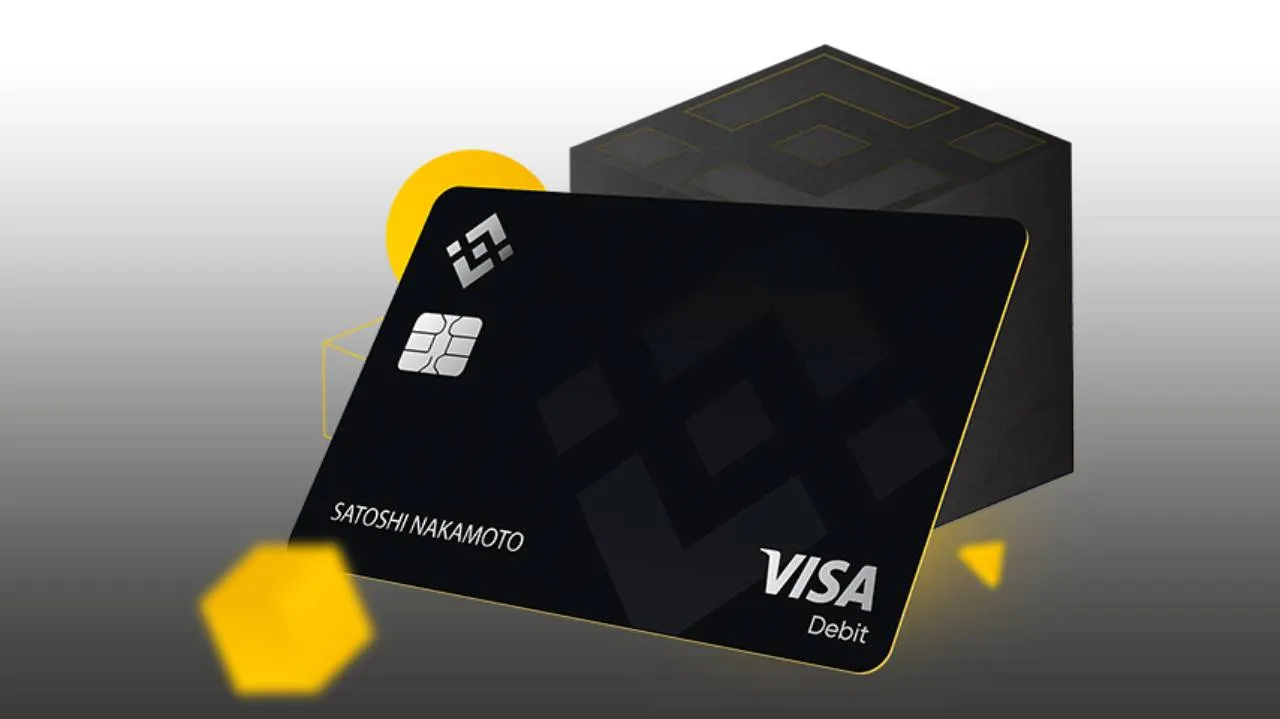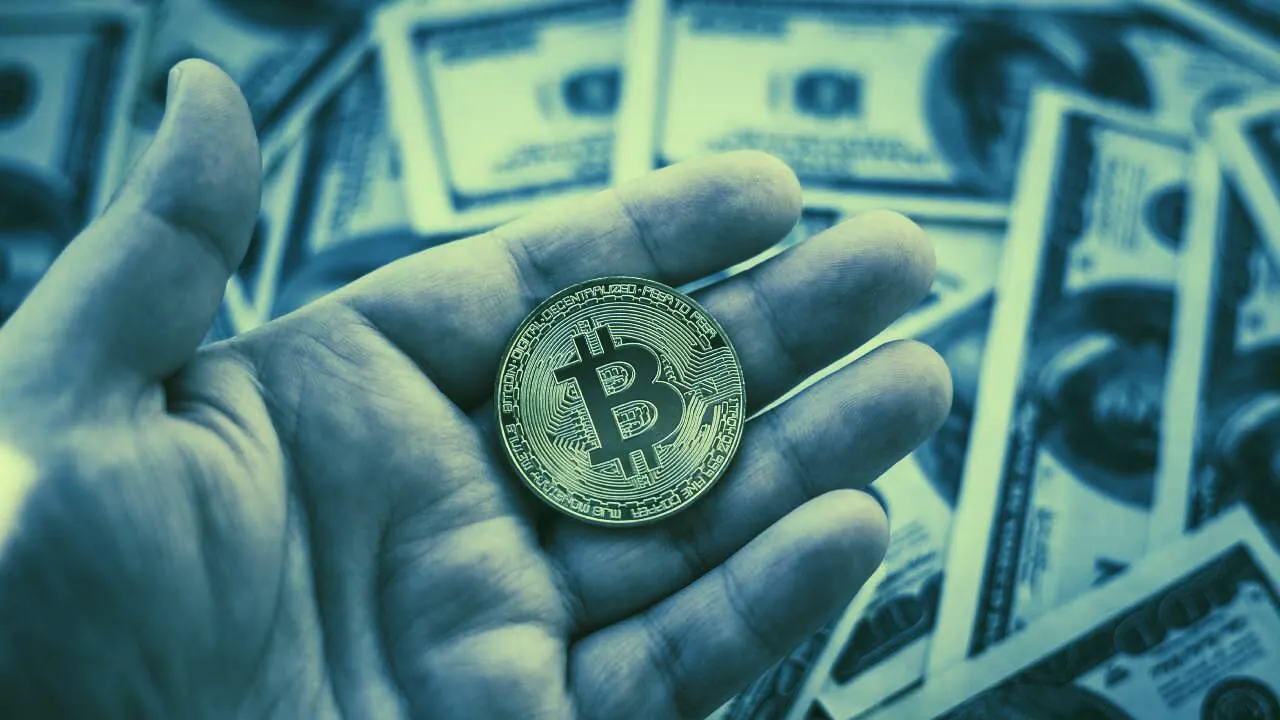In brief
- There are many ways to quickly convert Bitcoin into fiat currency.
- Each method has advantages and disadvantages, including speed, privacy and fees.
- Whichever option you choose, it's important to research it thoroughly in order to avoid surprises.
So you’ve got a stash of Bitcoin; you scrimped and saved, hodled through the highs and bought the dips. But how do you turn your Bitcoin into fiat currency quickly?
There are lots of reasons why you might want to exchange your Bitcoin for fiat currency; for example, as an investment decision to profit from favorable marketplace conditions like a bull run on the price of Bitcoin. Or you might want to enjoy more flexibility when using your cryptocurrency to pay for things.
How soon you need fiat currency could also influence your choice, too. You might need ready cash to respond to an emergency situation, in which case speed is of the essence when you’re looking to liquidate your digital assets.
Fortunately, there are a number of different methods available to you. But what are the differences between them, and what’s the best situation in which to use each method? We’ve rounded up the options for converting Bitcoin into fiat currency, and explored the benefits and pitfalls of each.
Cryptocurrency Exchanges
Cryptocurrency exchanges can take your Bitcoin and convert it into cash or another cryptocurrency; they’re the most widely-available method for converting your Bitcoin, which makes them a good choice for beginners who might be uncomfortable using more esoteric options.
All exchanges have crypto converter features that will tell you how much traditional currency you can get after making a sale. However, one potential downside is that it can take several business days to withdraw your fiat currency after completing the transaction. A growing number of exchanges also have know-your-customer (KYC) requirements in order to comply with local laws and regulations, as countries around the world look to bring their legislation into line with recommendations from the Financial Action Task Force (FATF).
Privacy advocates argue that these KYC requirements can be seen as compromising user privacy; in June 2020, the playfully-named KYC, Not Me website launched, listing Bitcoin exchanges that preserve privacy through verification-free or verification-lite policies.
This new project is cataloguing privacy preserving bitcoin exchanges that don't require KYC: https://t.co/VoyWq2ITyg
— Jameson Lopp (@lopp) June 12, 2020
There are a number of well-established exchanges including Binance, Gemini, Coinbase and Kraken, which emphasize user-friendliness—ideal if you're new to exchanging Bitcoins for cash. There are plenty of other options too—but it’s important to do your research ahead of time, as some exchanges are fronts for scammers and could result in you losing your Bitcoin.
One caveat to be aware of is that during periods of price volatility—in other words, exactly the time when you might want to cash out your Bitcoin quickly—a number of exchanges have suffered downtime. During the recent bull run, exchanges including Coinbase, Binance, Gemini, and Kraken have experienced technical difficulties as a result of increased user demand placing extra load on the exchanges' infrastructure.
The likes of Coinbase and Kraken have committed to improving their backend infrastructure in order to address the problem of unexpected downtime—and at time of writing it appears to have worked, with neither exchange going down as Bitcoin passed $50,000 on its way to a new all-time high.
However, it's still a good idea to avoid keeping your cryptocurrency on an exchange; not only does it protect you against the exchange going down unexpectedly right when you might want to cash out, it's also best practice for keeping your crypto secure. Instead, you should store your cryptocurrency in a private wallet that you control, such as a hardware wallet.
Peer-to-Peer Exchanges
Peer-to-peer exchanges are a more informal option, acting as marketplaces between buyers and sellers; each party sets their prices and tells you what kind of cryptocurrencies they want.
That means there’s a wealth of possibilities if you’re looking to sell your Bitcoin for fiat. You can browse through the people who are ready to buy and choose the most profitable option for your situation.
These exchanges are decentralized and many don’t require identity checks, maintaining users’ anonymity. However, many peer-to-peer exchanges such as LocalBitcoins and Paxful have begun introducing some KYC protocols to boost compliance with AML regulations.
Bisq is one example of an exchange that works on a peer-to-peer basis. The trading time ranges from one to eight days, depending on the selected method. LocalCoinSwap is another possibility. Although peer-to-peer exchanges offer you more choices, there are risks to be aware of, such as dishonest parties. Dispute processes are available, however.
Bitcoin ATMs
There are a growing number of Bitcoin ATMs around the world—over 10,000 in total, with more being added every day. As the name suggests, they work in a similar way to a conventional ATM, letting you withdraw cash immediately.
Using them is a simple process; they’ll usually display or print off a QR code, which can be scanned to send Bitcoin to the ATM; whereupon it’ll present you with a wad of notes. There may also be a verification process such as a text message, for added security.
If you need cash in a hurry, they can be a quick (and relatively anonymous) option for converting Bitcoin into fiat. However, there are drawbacks; while the number of Bitcoin ATMs worldwide is growing, they’re not available in every market yet, and it could be a while before they see widespread adoption.
They also charge hefty fees, and impose withdrawal limits (unsurprisingly, since they’re limited by how much cash they can physically store).
Bitcoin Debit Card

If you’re simply looking to spend your Bitcoin quickly, one option is to use a Bitcoin debit card. If you already have one, it's by far the fastest way of turning your crypto into fiat—although as the conversion is happening at the point of sale, it only works for immediate purchases.
Bitcoin debit cards can be used anywhere that conventional debit cards are accepted—but they draw funds from your Bitcoin wallet on whichever crypto platform they're associated with, rather than from a bank account.
That means you can spend your Bitcoin at any merchant that accepts the debit card's brand name. Revolut offers a Mastercard option, for example, while Wirex is one of many to offer a Visa option. Many crypto exchanges now offer a debit card in certain territories, including BitPay, Paxful and Binance.
Our first ever crypto debit card is here, thanks to our partnership with @terniotoken. 🤝
Get ready to spend your crypto at over 61 MILLION places with a single tap. 🌎 https://t.co/tfG1bbCg8Z— Paxful (@paxful) November 2, 2020
Once you've signed up for a card (which, of course, takes time) it’s just a case of either buying some Bitcoin through the platform you’ve chosen, or sending some of your own Bitcoin to the wallet address associated with the card.
There are some disadvantages, though. Providers typically charge transaction fees and impose spending limits. They’re also not available in all territories, and you’ll need to go through the bank or exchange’s KYC procedures in order to register for a debit card.
Can I use PayPal to convert Bitcoin into fiat?
In November 2020, online payments provider PayPal introduced crypto buying and selling features. PayPal enables users to purchase Bitcoin, Ethereum, Bitcoin Cash and Litecoin and hold them within the PayPal digital wallet.
However, for the time being PayPal restricts users to holding crypto on its platform. You can't transfer crypto out of PayPal's digital wallet (except to make purchases using PayPal), nor can you transfer it to other accounts on or off PayPal.
You also can't transfer Bitcoin from an external wallet to PayPal—so unless you want to make a purchase using Bitcoin that you bought on PayPal itself, you're out of luck.
Choosing the right option to convert your Bitcoin into fiat
It was not always so easy for people to swap their Bitcoin for fiat currency—but that’s changed in recent years. Whichever option you go for, don’t forget to research it thoroughly and read all the fine print to avoid surprises.
Disclaimer
The views and opinions expressed by the author are for informational purposes only and do not constitute financial, investment, or other advice.

